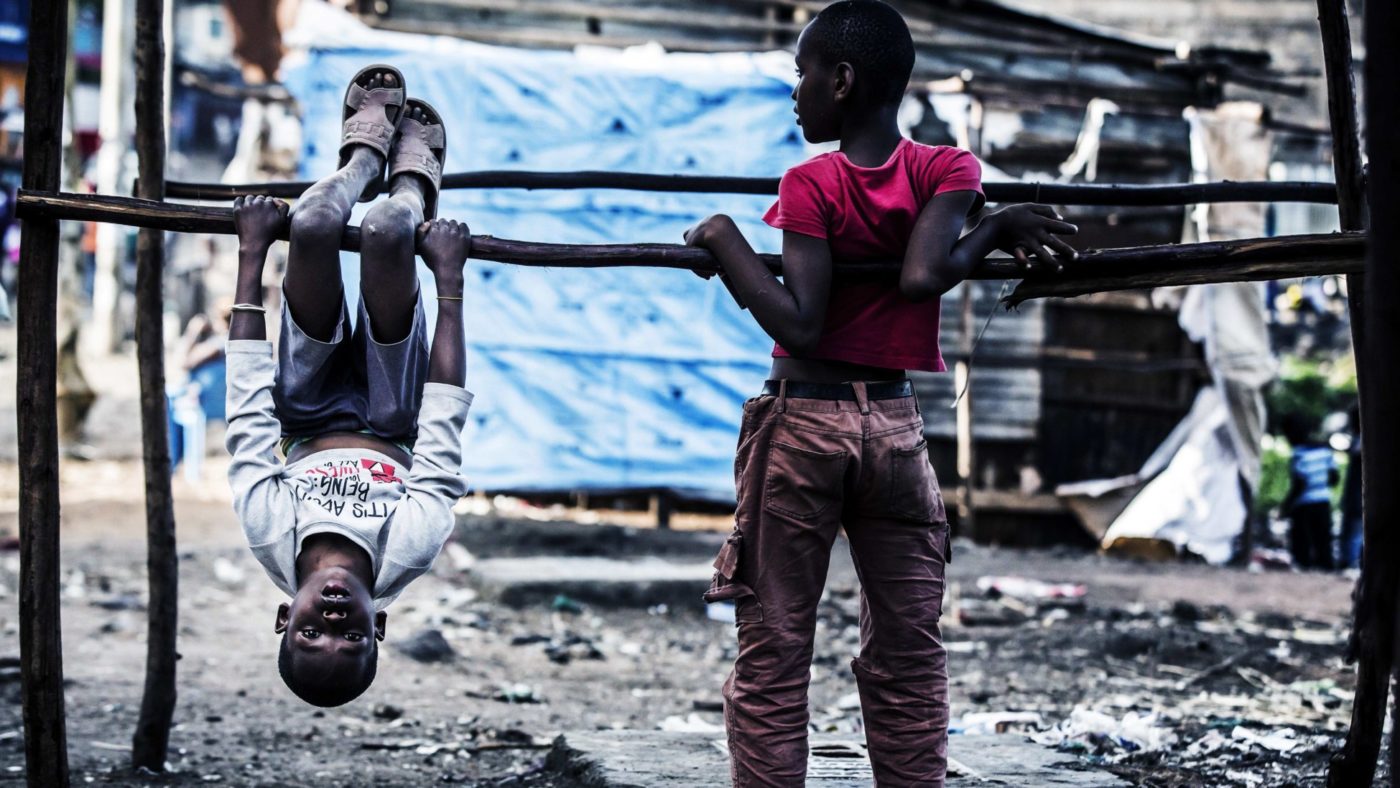As nations come to terms with fragile growth in the so-called “Fourth Industrial Revolution”, the importance of productivity has been brought sharply into focus. The OBR’s gloomy forecast illustrated the extent of the UK’s problems, but we are by no means alone. To varying degrees, nations all over the world – rich and poor – are grappling with similar challenges.
But while governments and businesses struggle to work out how to stay ahead of the curve, they could be missing something far more basic and fundamental. No matter how new technologies transform the global economy, people will remain essential. And the productivity, skills, and brain power of those people are determined by their development as infants – especially in their first 1,000 days, from birth to the age of two.
Poor early-childhood growth is costing countries dearly. Pakistan, for example, is estimated to lose 8.2 per cent of its future GDP due to poor child growth. That’s three times the 2.8 per cent of GDP which it currently spends on health care. At a time when national governments have borrowed a total of $63 trillion, value for money in boosting economic performance has rarely been more important. And both developed and developing countries could save billions of dollars with the right early childhood policies.
In many African countries, a “demographic dividend” is on the horizon, when economic growth should be boosted due to more working-age people in the population. But that will only be the case if the children are given a strong start. At the moment, around 162 million of the world’s under-fives – many of whom are in Africa – are “stunted”. Stunting, largely caused by malnutrition, irreversibly harms a child’s physical and cognitive development.
Instead of growing to be productive workers and entrepreneurs, they are far more likely to die prematurely, or struggle in school, and have physical and mental health problems later in life. It’s estimated that such hunger and underdevelopment costs 10.3 per cent of GDP in Malawi, 11.5 per cent in Rwanda and 16.5 per cent in Ethiopia. But this can change. In Uganda, following several modest improvements in health and nutrition, there has been a 46 per cent decline in stunting between 2003 and 2014. The effect of these changes on economic growth has been profound; invest in young children and they’ll grow up to become productive contributors to the economy.
A strong first five years has a significant, and proven, bearing on a child’s future achievement and wage-earning. In Jamaica, community health workers gave extra support to a group of growth-stunted toddlers and their parents. Twenty years later, these children’s wages were a staggering 25 per cent higher than those who didn’t receive the extra help. In the United States, a programme called Nurse-Family Partnerships providing extra support at home for low-income first-time mothers, is expected to save $5.70 for every dollar it spends. By 2031, the programme could slash estimated spending on Medicaid, TANF, and food stamps by $3 billion.
Preschool education can also play a huge part in increasing a child’s future development. In New York, extra support for disadvantaged four-year-olds is potentially closing the racial attainment gap in school, and reducing the chances of future behavioural and health problems. This could save the state $4,387 per student in the long term, through savings in health, criminal justice and social security spending.
The innovations needn’t be complicated. Take the “Kangaroo Mother Care” campaign. Hospitals in over 30 countries are moving away from expensive incubators and encouraging mothers to care for new babies by carrying them like kangaroos do – nestled in its mother’s chest. Not only is it cheaper, but it is more effective: it has the potential to save the lives of an additional 770,000 premature babies a year, across the world.
There are so many different ways in which various sectors – private and public – can have a substantial impact on childhood development. It’s in the interests of both businesses and governments to play their part. Indeed, it’s public-private partnerships which have the most significant potential in finding long-term, sustainable solutions to child underdevelopment.
When solutions are found, they must be disseminated to where they’re most needed. That’s the mission of Apolitical, a network of public servants which aims to bring together the best people in government – with a particular focus on this field.
Giving young children the best start in life is not just the right thing to do – it’s an economic imperative. Our future depends on them.


